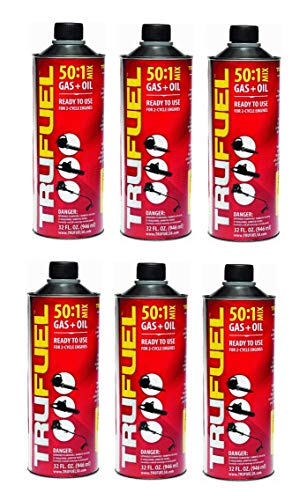Yep, I have 14 years turning wrenches full time in a shop I owned doing small engines (even longer for myself and as a side gig) that says that YouTuber is dead wrong.
Used to be that if you let equipment sit for 7-10 years, depending on the climate, you'd get black to tan varnish or goo stuck all over the jets and passageways, and float & bowl. Back then we also had good carb cleaners that would eat right through that crap in no time flat. These days, with EPA watering down of all our chemicals, you can use carb or brake cleaner as an eye wash ...
Ethanol has sped the clogging process up by 1,000x. Not only that, but it's propensity for water DESTROYS carburetors if left long enough. I've seen unrepairable carburetors just completely eaten away by corrosive water/ethanol mixtures, plus all the other crap in fuel these days. That NEVER happened back in the day! Unless you sunk it in the ocean for 10 years and decided to restore it!















